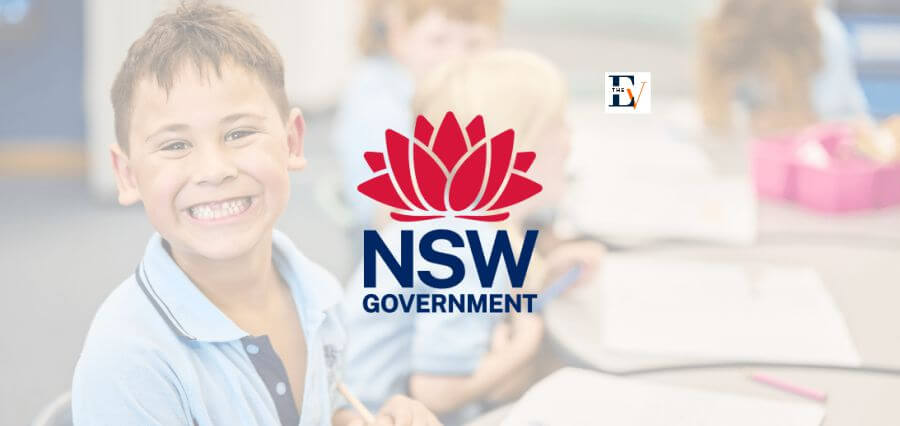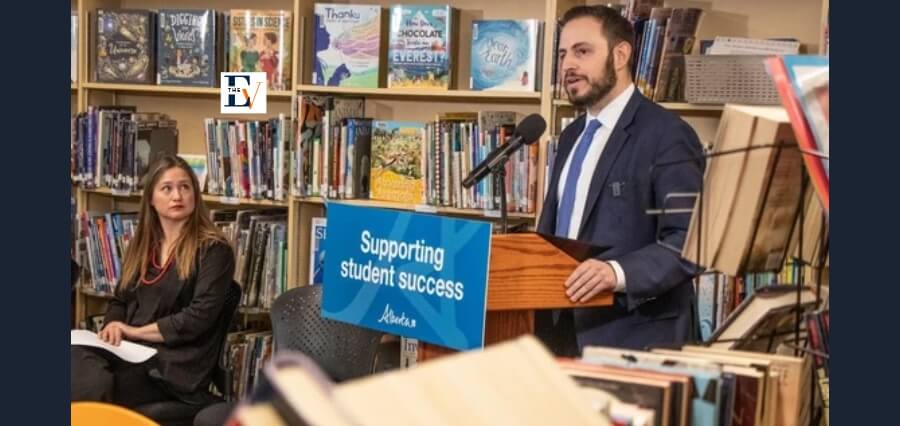As federal student loan payments are set to resume, borrowers are facing the challenge of managing their budgets, with over half (56%) of them expressing concern that they’ll have to choose between making loan payments and covering essential expenses like rent and groceries, according to a Credit Karma survey.
The survey reflects the concerns raised by the Biden administration and experts about the potential financial strain on households as the pandemic forbearance period comes to an end. Despite improvements in the economy, the resumption of student loan payments is expected to impact many households that have achieved some financial stability over the past few years.
Credit Karma reveals that borrowers are planning to cut back on nonessential spending to meet their loan obligations. However, there’s a limit to how many expenses can be eliminated. The struggle to manage payments spans across different income groups, with 68% of borrowers with household incomes under $50,000 and 45% of those earning $100,000 or more anticipating difficulties in managing their budgets.
The survey also highlights that more than 50% of borrowers are facing challenges in paying other debts, such as auto loans, mortgages, and credit card balances. Applying for income-driven repayment plans, like the new Saving on a Valuable Education IDR plan, might help lower-income borrowers. But only 34% of borrowers are planning to apply for such plans to reduce their monthly payments.
Additionally, 45% of borrowers expect their loans to become delinquent when the forbearance ends, even with the 12-month on-ramp period introduced by the Biden administration to avoid immediate delinquency.
To manage this transition effectively, borrowers are advised to take advantage of federal loan protections, negotiate bills such as rent and other services, and audit discretionary spending to ensure better financial stability as loan payments resume.






